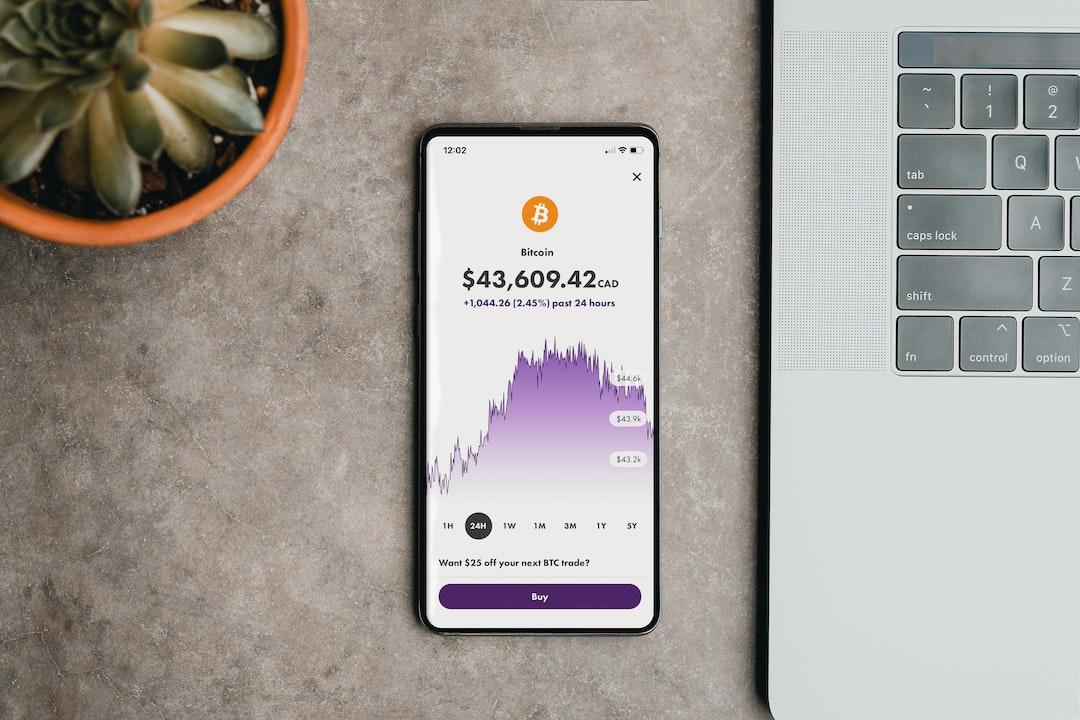What happened in the biggest cryptocurrency heist in history?
Allinvain was mining bitcoins when the price was below $0.05, and he had 25,000 bitcoins. This article takes you through the tragic story of Allinvain’s $160 million loss.
In 2010, Allinvain founded one of the first bitcoin exchanges, Bitcoin Express. Bitcoin Express allowed users to purchase BTC using PayPal. Allinvain sold 1,000 BTC for $5, making each BTC worth $0.005.
However, Allinvain was also a dedicated bitcoin miner. He was able to mine 500 BTC per hour using just a laptop. That’s 1,200 bitcoins per day.
The situation for mining bitcoins at a value of $10 is shown in the following image. Allinvain could still use a home computer to generate BTC with a click of a button.
By 2011, mining difficulty had skyrocketed. The hash rate had surged to 4 TH/s, compared to just 0.001% of this figure in 2010 – an increase of 114,000%.
“Allinvain said, ‘It was like everyone, their mothers, fathers, cousins, etc., started mining at that time.'”
But the more Allinvain researched, the more amazed he became. Allinvain hoped to help Bitcoin and started advocating for the use of bitcoin (BTC) to buy and sell real goods.
Allinvain quickly became a bitcoin whale, with over 25,000 bitcoins. In early 2011, Allinvain celebrated the rising price of bitcoin as it reached a high of $30. This was the first bitcoin bubble. Allinvain had “magical” currency worth $500,000 at that time.
On June 13, 2011, disaster struck.
Allinvain saw a transaction of 25,000 BTC in his wallet. Just like that, all his BTC were stolen.
Allinvain was devastated and fell into depression. All the work he had done for Bitcoin was in vain.
To make matters worse, this news spread worldwide.
Forbes, The Atlantic Monthly, and US Public Radio all reported on it. They called it the first bitcoin theft.
The massive amount involved in this theft gave rise to conspiracy theories. Some claimed that Allinvain orchestrated the whole thing. They accused him of spreading FUD.
So what really happened?
Allinvain admitted it was his own fault. “I trusted the security measures too much. I was really stupid.”
Allinvain had backed up his wallet files to Dropbox, Wuala, and SpiderOak. When he discovered that Dropbox employees could remotely access files, he deleted them. However, the root of the problem was that someone had hacked into his computer and stole the unencrypted wallet files.
Later, Allinvain discovered that it was a Trojan virus disguised as bitcoin mining software.
He issued a warning once again, emphasizing the importance of personal security when holding BTC.
But the hacker attack didn’t stop Allinvain from moving forward. He continued to be active in the bitcoin space and started his own hosting mining business, striving to regain his wealth.
Allinvain’s biggest mistake was keeping unencrypted keys on his computer. The hacker’s actions serve as a reminder to always store private keys in a secure offline location. Even some of the most well-known companies in the bitcoin industry have suffered similar attacks.
To this day, Allinvain’s story continues to remind people of the importance of bitcoin security.
This article has been republished from PANews, a collaborative media outlet.

